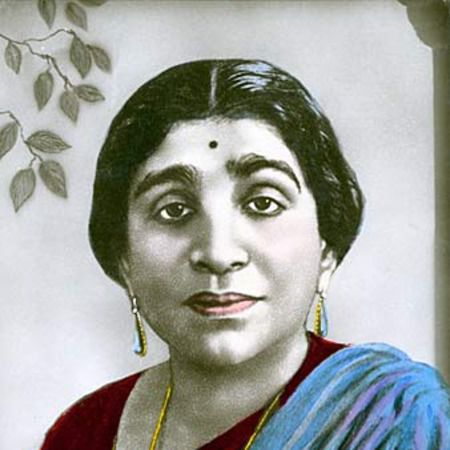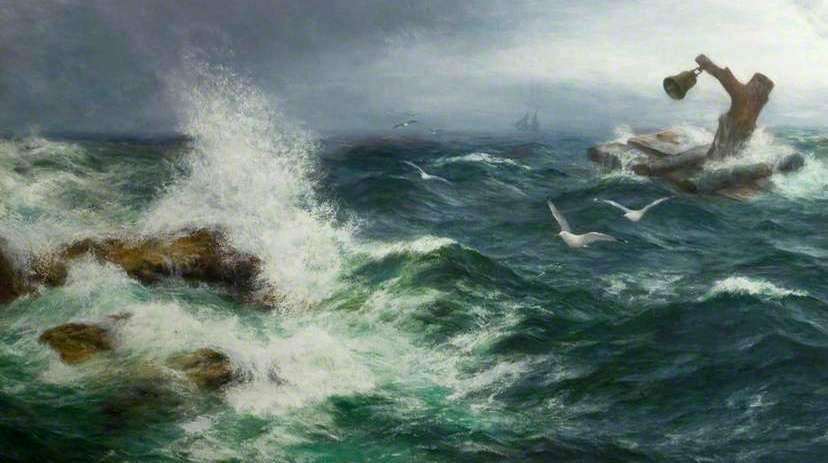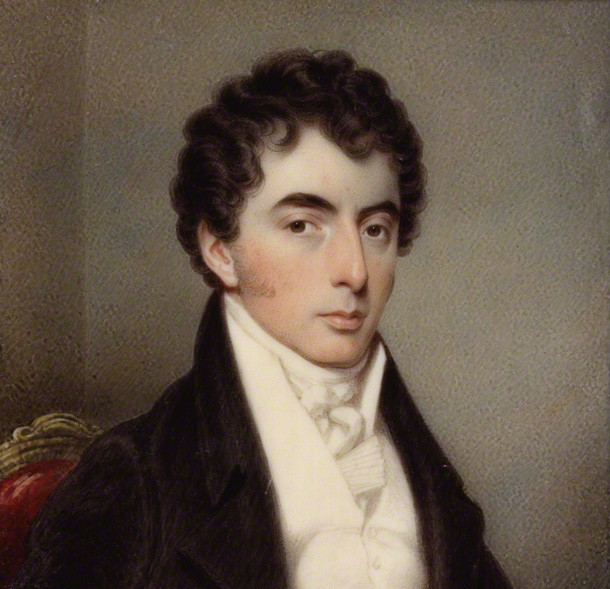The circus within the ‘extravagant heart’ and of its ‘fragments’ is rooted so deep into the raveled life of Sylvia Plath, that they make their reflections almost unfathomable to her readers, often, when her imagery and conceits lack a faithful link to their purpose in the poet’s own life. Plath did not care to affix the exact date of composition for some of her earlier poems (pre-1956) – labeled as ‘Juvenile’ in The Collected Poems by Sylvia Plath – that, however, it can merely be said, had been composed sometimes during her graduation course in Smith College (1950 – 1955) when a few of her works was published in college newspapers and magazines. Circus in Three Rings was first published in The Atlantic Monthly (August) in 1955.
Death of Plath’s father in her childhood when her conflicted emotions gradually dissolved into depression influenced a great effect throughout her life. A severe depression developed day-by-day, year-by-year took the form of an acute insomnia and an intense longing for death. However, finishing her schooling, when she entered into her college life, she made herself avail for date with many boys, and had some serious affairs. Whether the present poem has any connection with those affairs, or it is rather an ‘undirected’ poem, it cannot be said to be certain, but that her life was constantly going through a violent storm can evidently be inferred. Every gust of wind was striking violently her cardinal walls until it was broken and scattered.
It appears, the poem has some biographical touch – a touch where heart-break, failure, and depression revolve so rapidly in a circular way as to ignite constantly a hurricane like situation making everything disheveled in life. In spite of her fervent endevour in restraining herself, her youthful heart being restless (‘extravagant heart’) always is craving for love, perhaps, to seek a solace under its shade. But again the mighty storm blows it away, and depression follows. She tries to take revenge on her lover but feels danger if it inflicts her further wounds. She struggles to defend herself, and then depression is smelt out from her buried love. Though unseen to her eyes, her heart can feel him mocking her love, her emotions like a devil who is to vanish ultimately giving her some gifts of tears only.
The poet compares the love-events of her college life with a circus, and her life itself with a hurricane – a strong tropical cyclone with rain – making threes rings simultaneously revolving and rotating continually like drunken legs. It seems their fate, to stagger always regardless of destruction they make, is determined by a god who is drunken himself. The consequence is that her ‘extravagant heart blows up’ again and again by the wraths of the storm and rain. She finds solace in arms of love, but her fate tears the heart apart into ‘fragments’ floating and spinning high into the storm in a way a weather vane spins. His creating such tumultuous life, the poet points out, purposes only to amuse the angels gazing and cheering from the stands.
However, sometimes the wish of taking revenge compels her to confront with the dangerous, daring, deathly, and however, dashing person who has betrayed her emotions and love. Plath here uses a daring circus-image of a ring-master’s invading a lion’s den – the lion she means is her lover, and the ring-master she herself. But she feels the deepest danger in having her wounds poked afresh by her lion; the rose of love that was rooted in her hair, burns out of fear of that danger. So, now her whip flourishes only to protect herself from the impending wounds, but finally she is scorched by the ruthless animal – and thus ‘the gnawing of love begin’.
She feels herself abused, assaulted and mocked at her thought of the devilish creature. It seems to her that his corporal body has been vanished by some magician in the circus, but she can feel his hovering over her head as if an Aerial apparatus is performing on a trapeze. He is being taken over by other girls, and at last he is disappeared even from the thought of the poet into an eye-searing smoke, a parting gift of acute depression.
The poem replete with imagery and figurative uses is written in allegory of three rings in circus. The three stanzas of the poem are the three rings delineating three fragmentary and confusing thoughts regarding the poet’s affair with some treacherous person. The title is literally meant for three areas of a circus where performances occur at the same time, so, a busy place of confusing activities. She has successfully adopted the circus imagery of different rings and minutely relates them with the events of her affair. In the first stanza she displays a stormy show of celebration, while the other two consist of the act of a ring-master with a lion, a magician’s trick in vanishing a demon, and a trapeze act by an acrobat – however, they are indicative symbols.
The choice of words adds an attractive charm to the poem, while the theme is cable in inflicting more depression to a reader depressed already for love. ‘A drunken god’, ‘my extravagant heart’, ‘a rose of jeopardy’, ‘fatal flair’, ‘gnawings of love’, ‘my demon of doom’ etc. are the mixture of words most extraordinary.
The ironical cheering by the rhyme-scheme (abaaab, abaaab, abaaab) and alliteration of words – ‘designed by a drunken god’, ‘angels all applaud’, ‘daring as death and debonair’, ‘fatal flair’, ‘mocking as Mephistopheles’, ‘my demon of doom tilts on a trapeze’ – successfully goes with a circus atmosphere, while on the other hand, the tone of the poem is very gloomy altogether. The poet uses two similes describing how her heart is blown up – ‘the fragments whir like a weather vane’ – and with an allusion to a demon, Mephistopheles, from German folklore, featuring her lover mocking.
The gradual development of Sylvia Plath’s acute depression that leads her to later poems, which receive the best admiration, is not devoid of the youthful years of her affairs, and it is well recorded and reflected in some of her early poems. The essence of Circus in Three Rings is an example of such many mighty storms that tempted her for the eternal oblivion.
Hope you enjoyed the detailed analysis of Circus in Three Rings.
Some online learning platforms provide certifications, while others are designed to simply grow your skills in your personal and professional life. Including Masterclass and Coursera, here are our recommendations for the best online learning platforms you can sign up for today.
The 7 Best Online Learning Platforms of 2022
- Best Overall: Coursera
- Best for Niche Topics: Udemy
- Best for Creative Fields: Skillshare
- Best for Celebrity Lessons: MasterClass
- Best for STEM: EdX
- Best for Career Building: Udacity
- Best for Data Learning: Pluralsight















